Despite the pretensions of the 20 top racing drivers who will line up on Melbourne’s Formula 1 grid in a few days’ time, for around five million of us who will watch it on TV, enjoyment of the 2015 season’s first grand prix will depend heavily on the efforts of a grand prix driver from a different era.
Martin Brundle gave up racing in F1 at the end of 1996, having raced both Michael Schumacher and Ayrton Senna wheel to wheel in the course of a 12-year career, but he has since become a lot more famous as the country’s foremost F1 TV pundit.
His secret weapon is an ability to describe things in a way that appeals to the sofa crowd, with injections of know-how that could only have come from F1’s inner sanctum. In 2009, these skills led The Times to describe Brundle as “the greatest TV analyst in this or any other sport”.
Those who know him say a media career always beckoned. He started receiving offers even before he stopped driving, joined ITV as soon as he retired and learnt the job alongside doyen Murray Walker. “It was like having Pele teaching you to kick a football,” he says. When the BBC won back the F1 franchise in 2009, he followed.
Then in 2012, it became bizarrely clear that the Beeb would no longer broadcast every race, so Brundle joined Sky, because he couldn’t bear to miss any action.
Nowadays, he reinforces his deep knowledge of F1 by regularly driving the cars for TV features, honing his skills in sportscar races and visiting the gym often enough to be sure he can fit into F1’s confined cockpits.
The day we met in London, he’d been to Silverstone for a Force India seat fitting and a session on the simulator, and was berating himself for being 2.6sec slower than Nico Hülkenberg, who brought the car home sixth in the season’s last race. (Even for a capable club racer, the margin would have been 10 times as great).
Once Brundle has sampled the Force India’s Mercedes engine, he’ll have driven modern F1 cars with Renault, Mercedes and Ferrari engines, one of the very few to do so.
Back in 1997, Brundle pioneered the famous ‘grid walk’, a risk-laden dash with a cameraman through the pre-race throng to see how many stars he could interview before they stepped into their cars.
He regards this TV high-wire act as a decent substitute for the adrenalin rush of racing – which he still misses – but strenuously denies that the person you see on the small screen is the true Martin. “He’s my alter ego,” he says. “Butting into conversations and pushing people aside really isn’t me. But we’re live for nine minutes and you really don’t have any alternative – especially since there are now so many other TV crews doing the same thing.”
Brundle can’t wait for the new season to start, despite the fact that it now runs to 20 races and leaves little respite. The eternal appeal, he says, is that there are always fresh questions to be answered.
We settle down in the foyer of his London pad to discuss some – starting with the prospects of the British driver who doesn’t need a surname. Will this be Jenson’s last year?

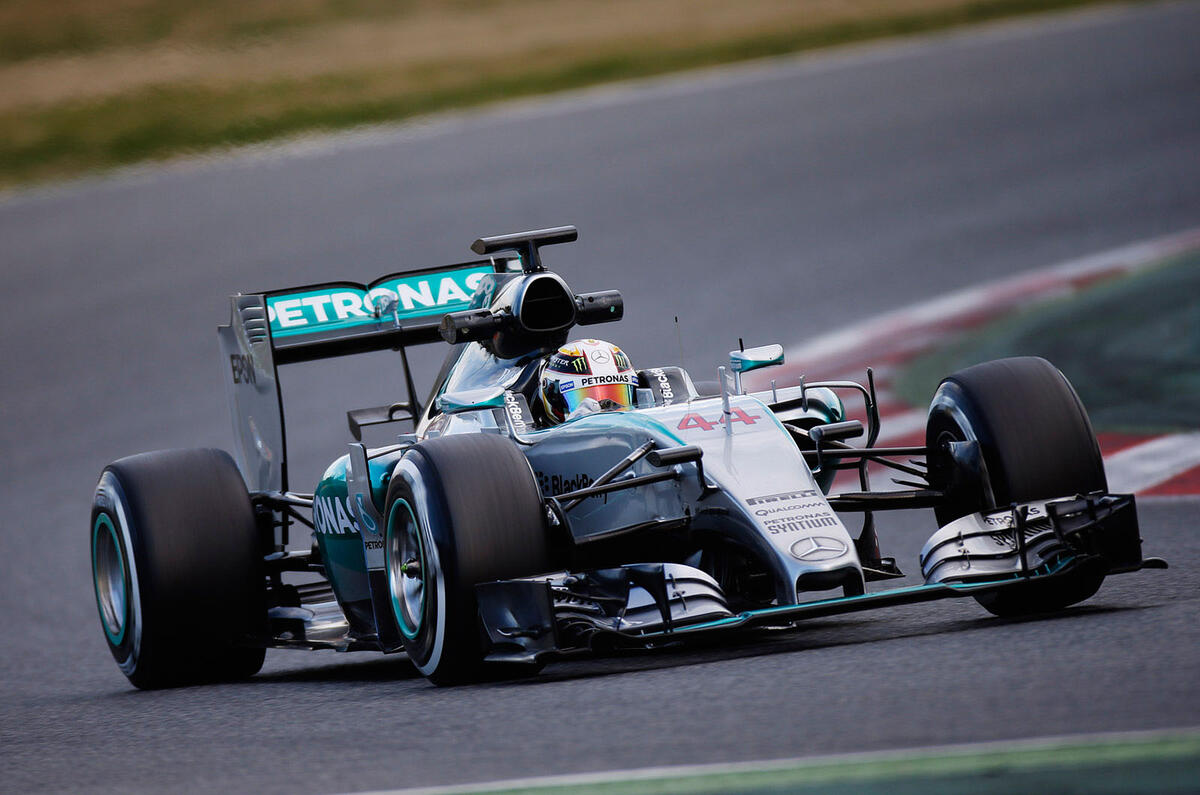
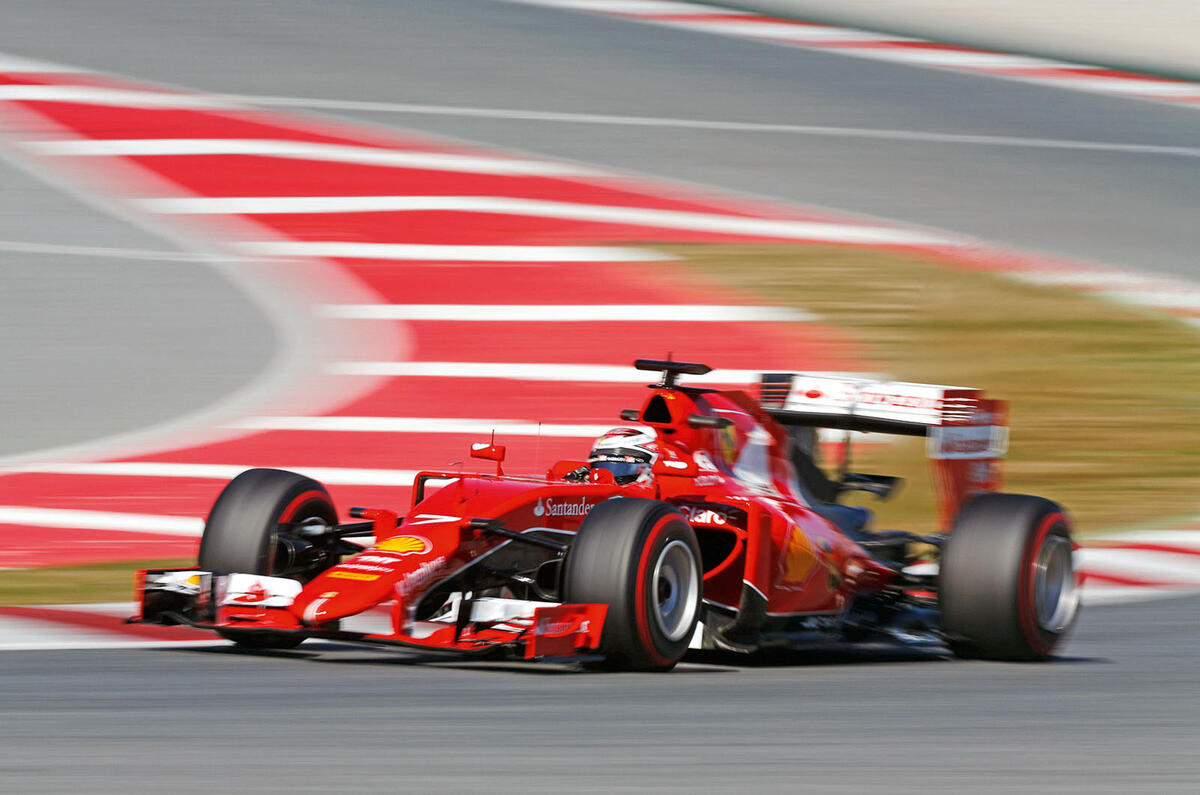
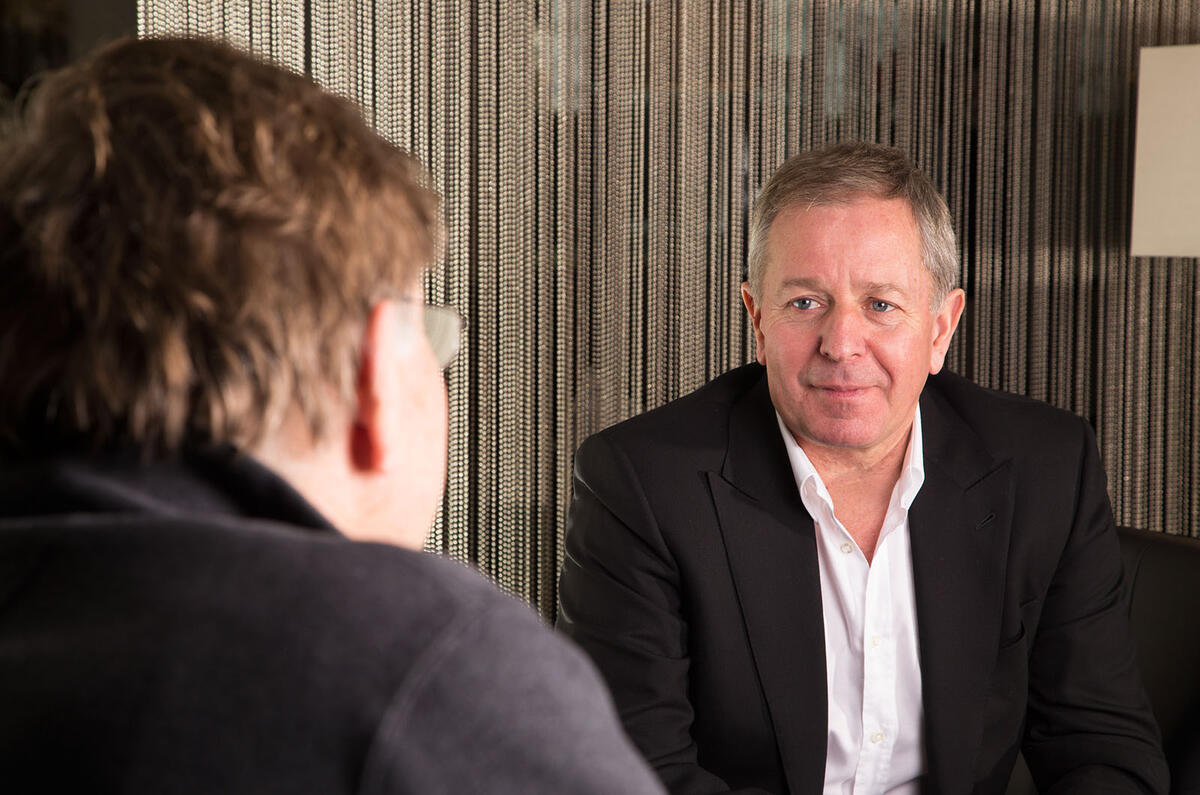
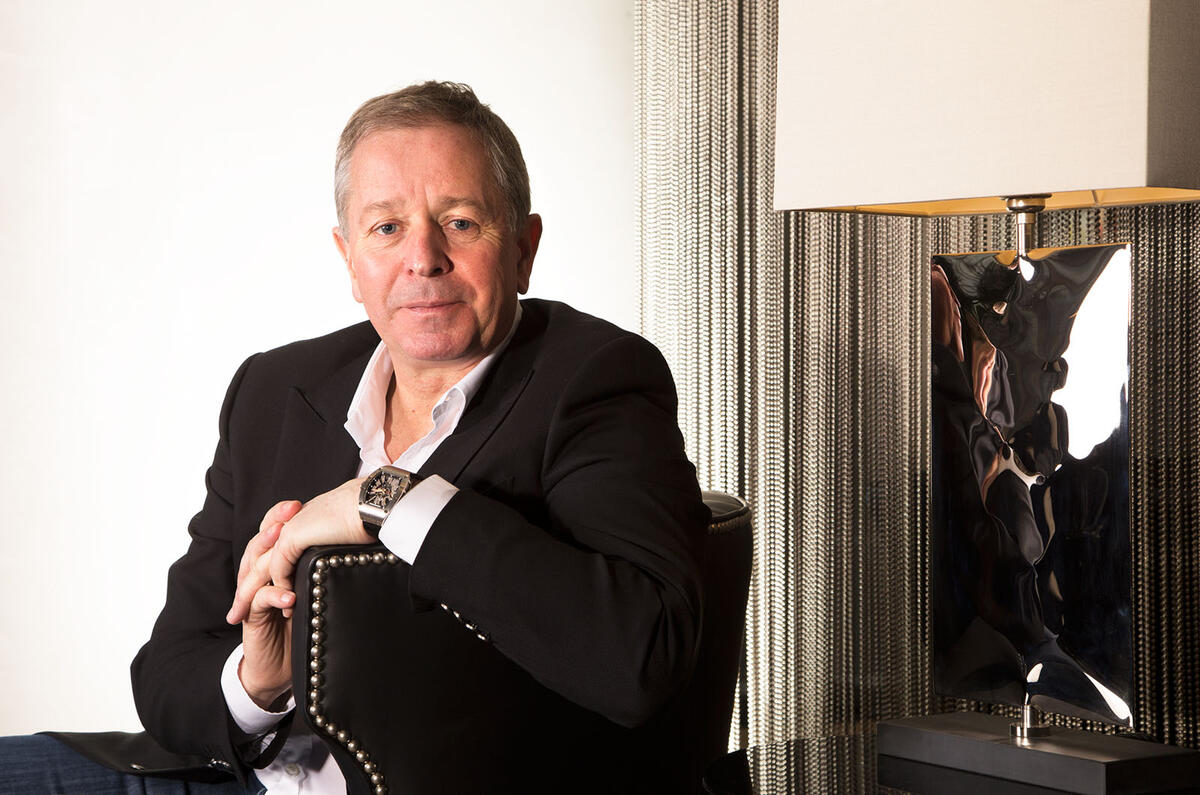
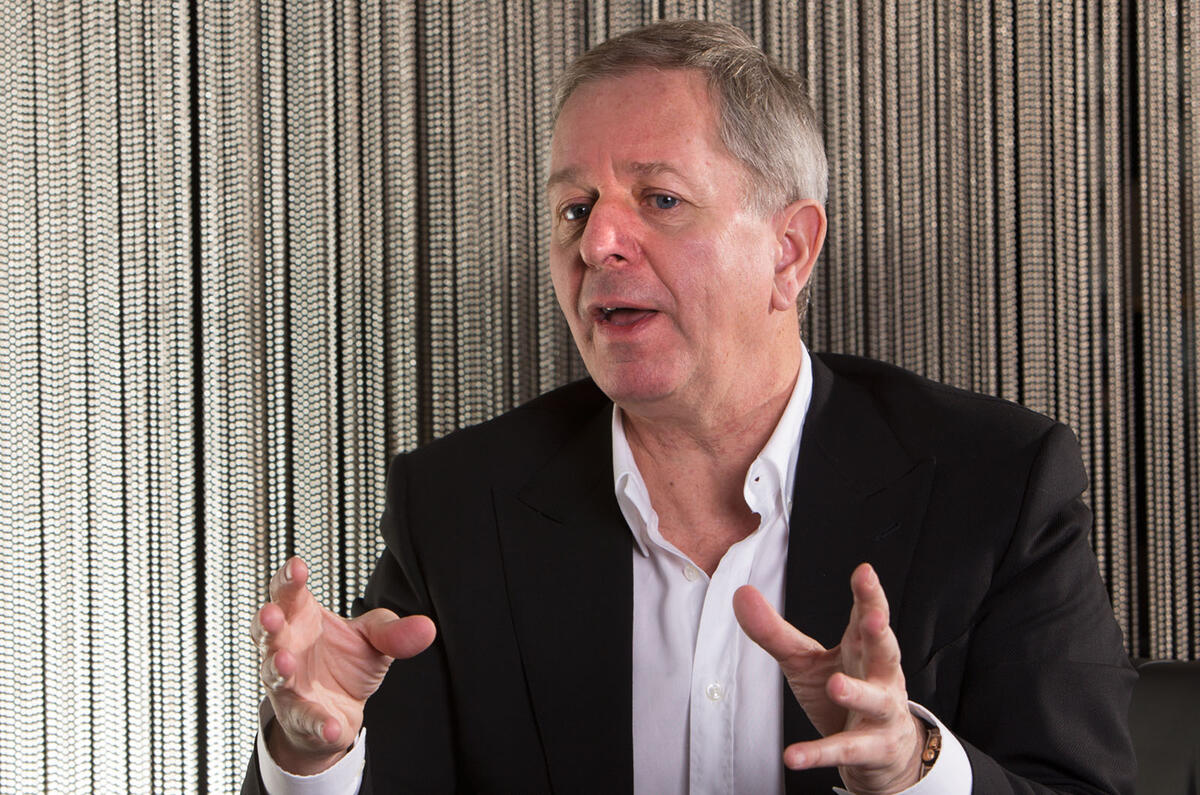
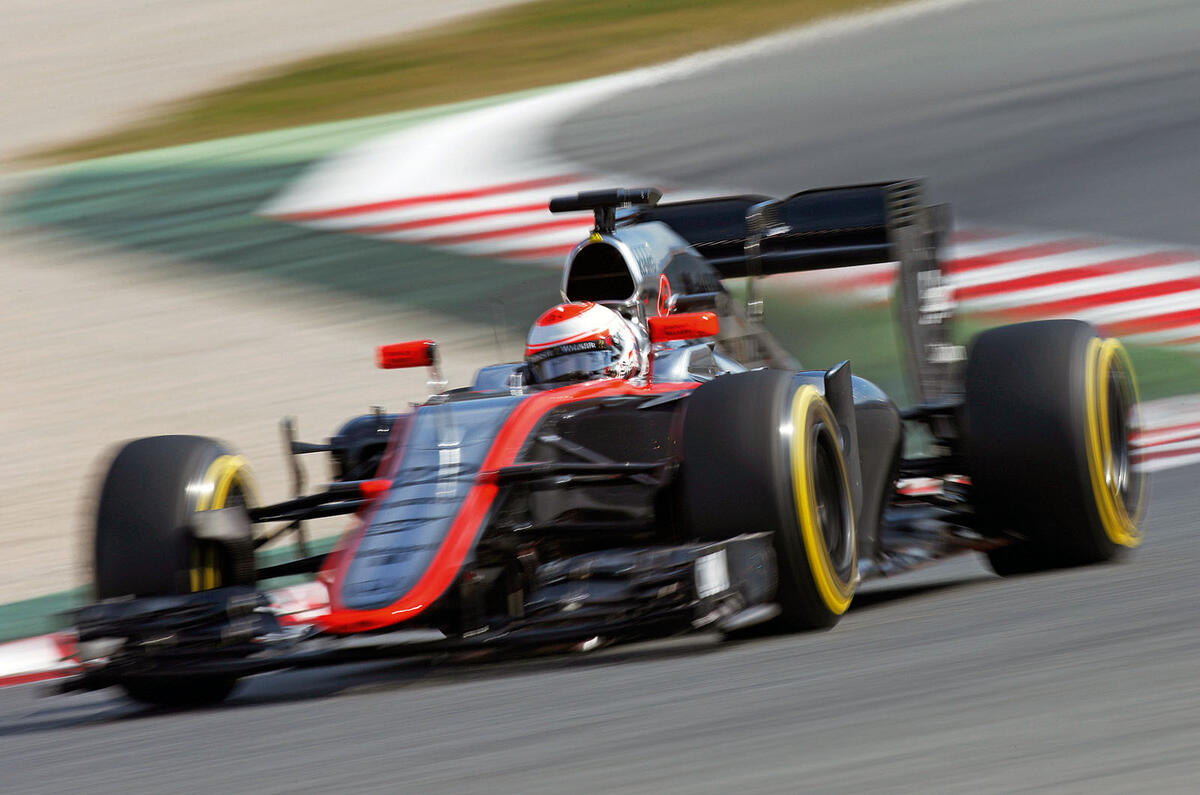
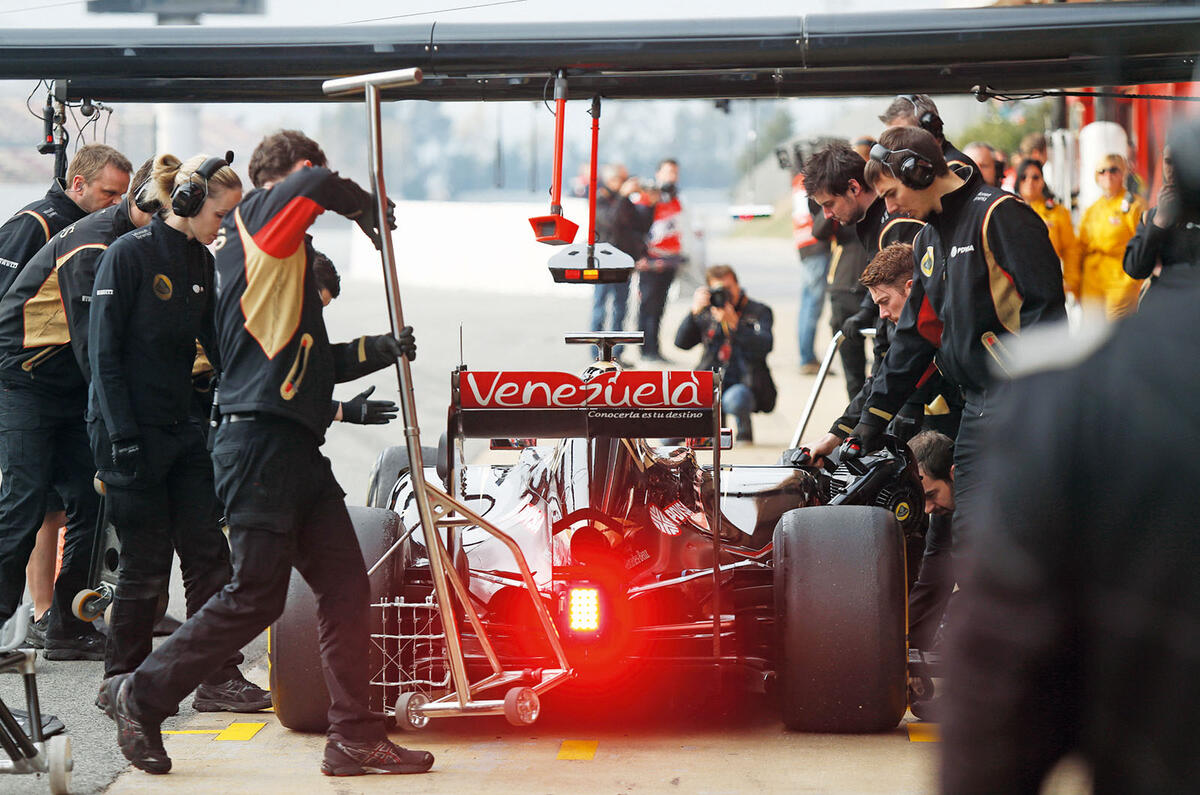
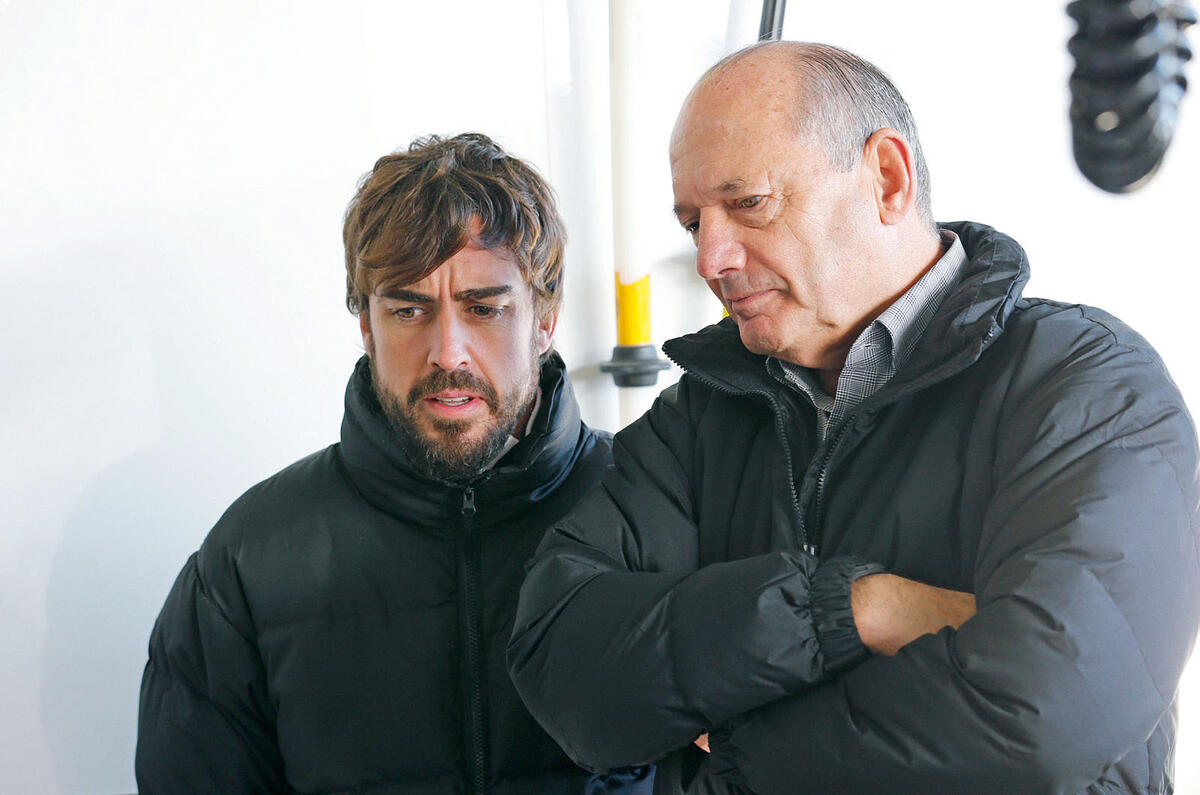
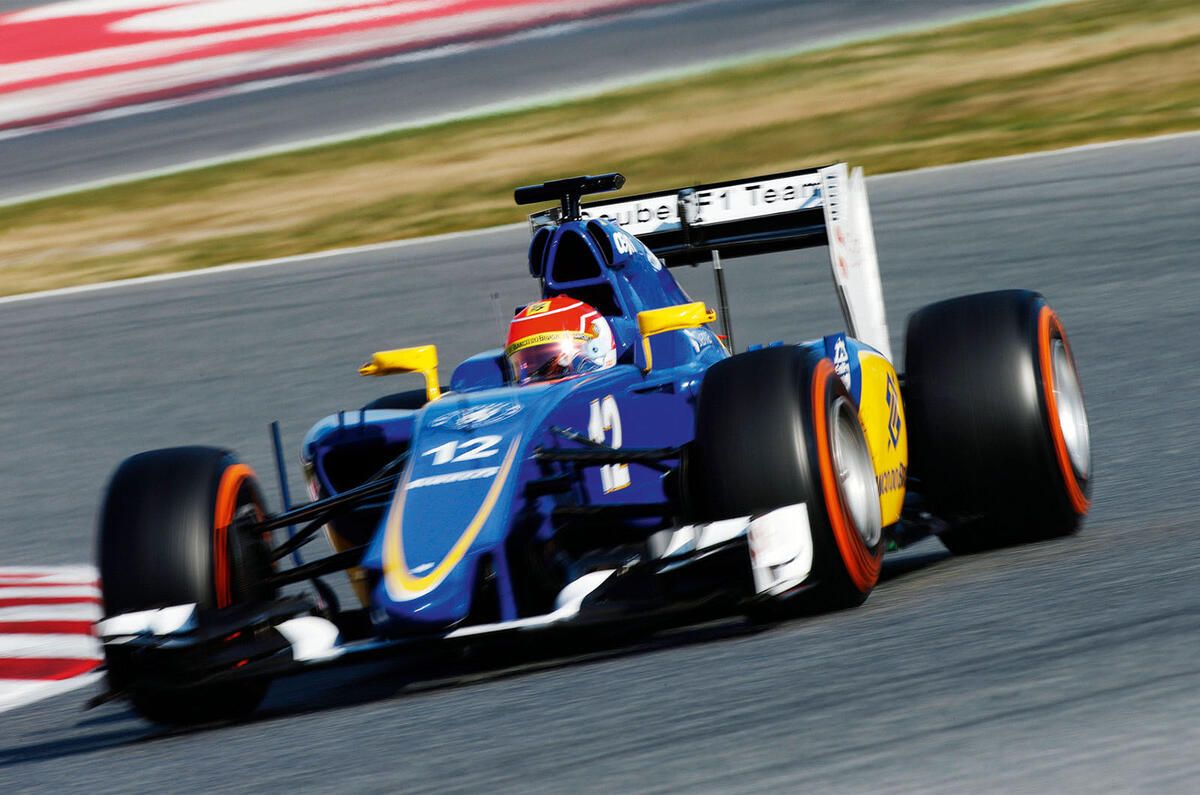
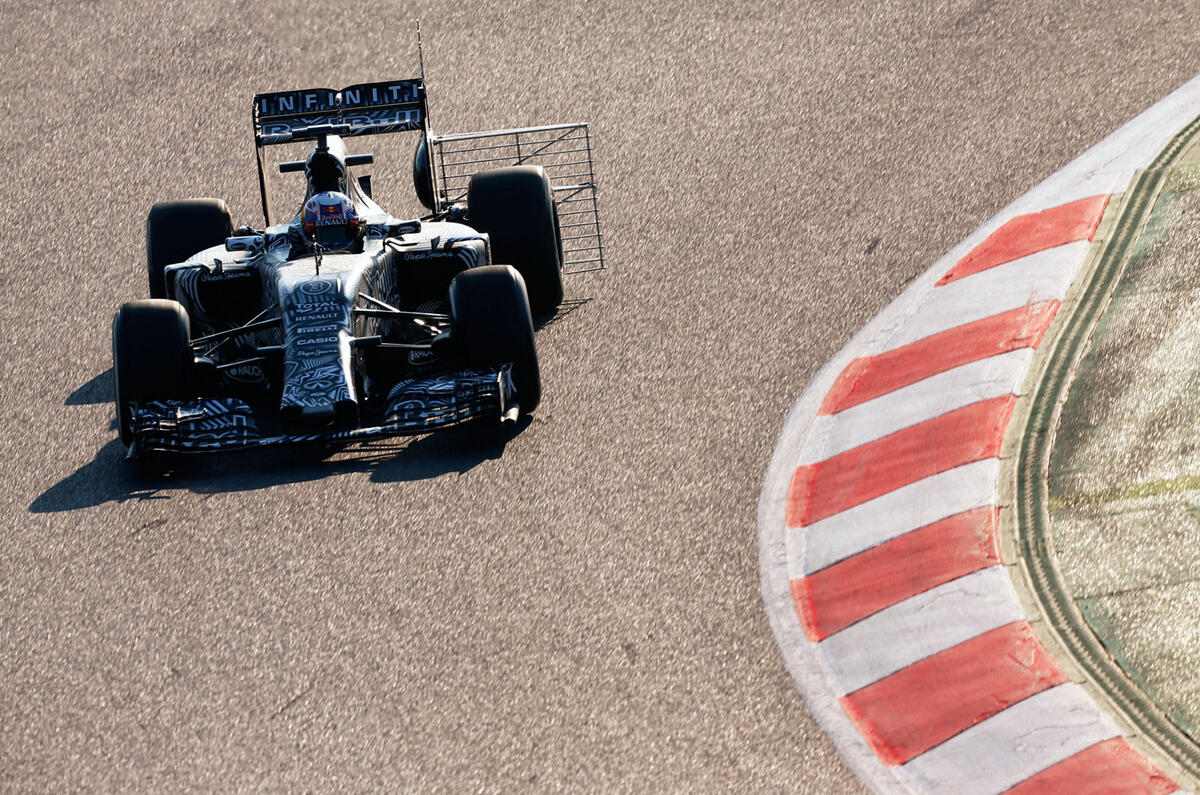
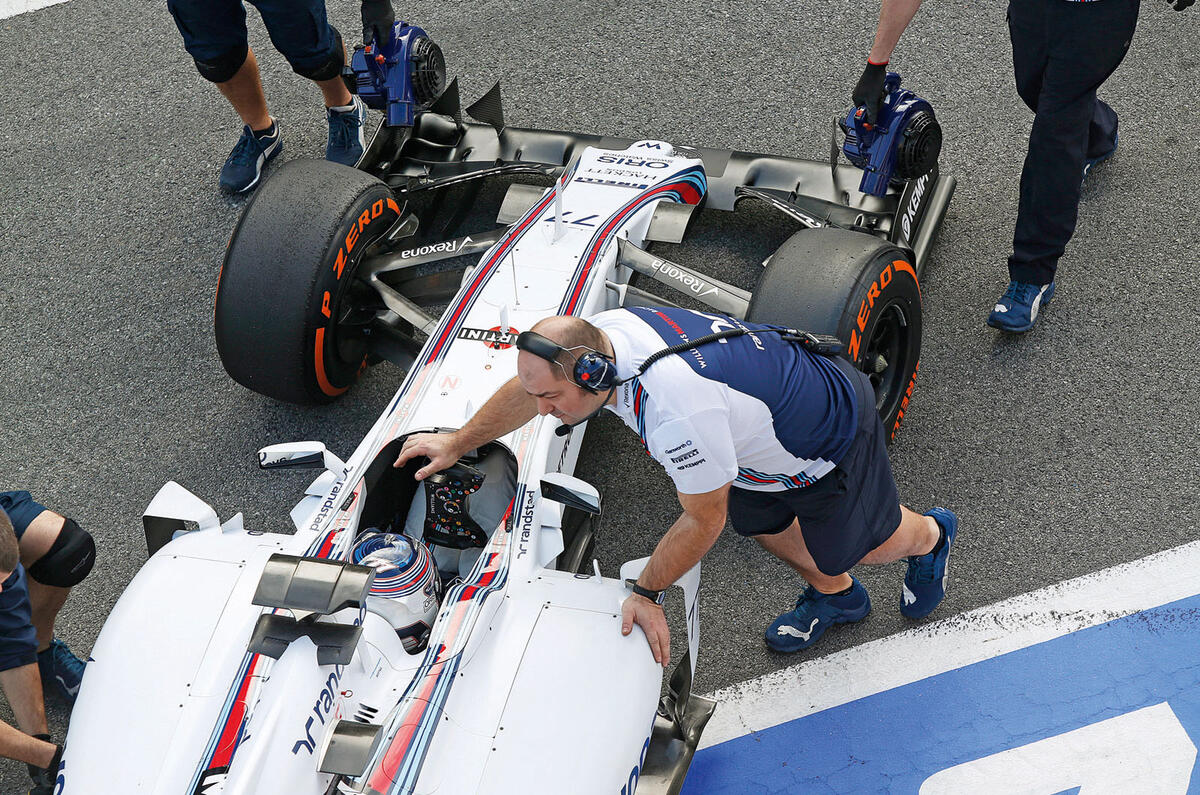
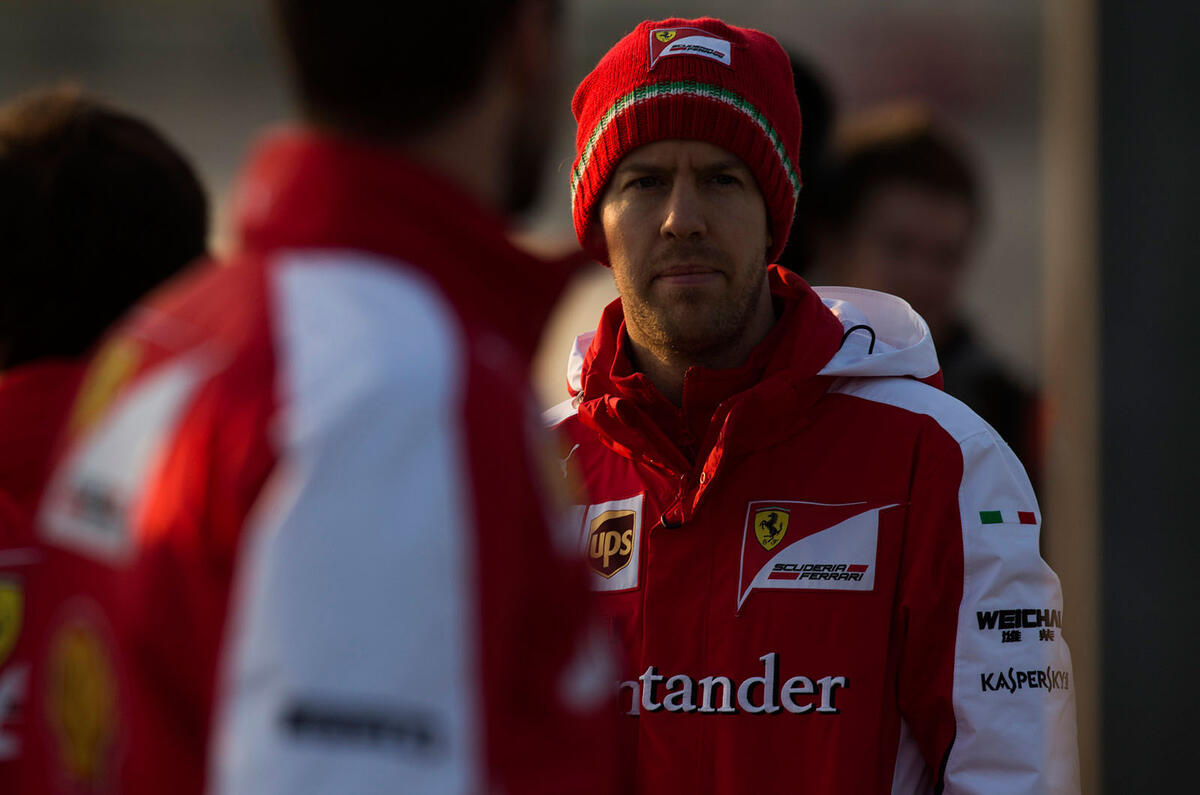
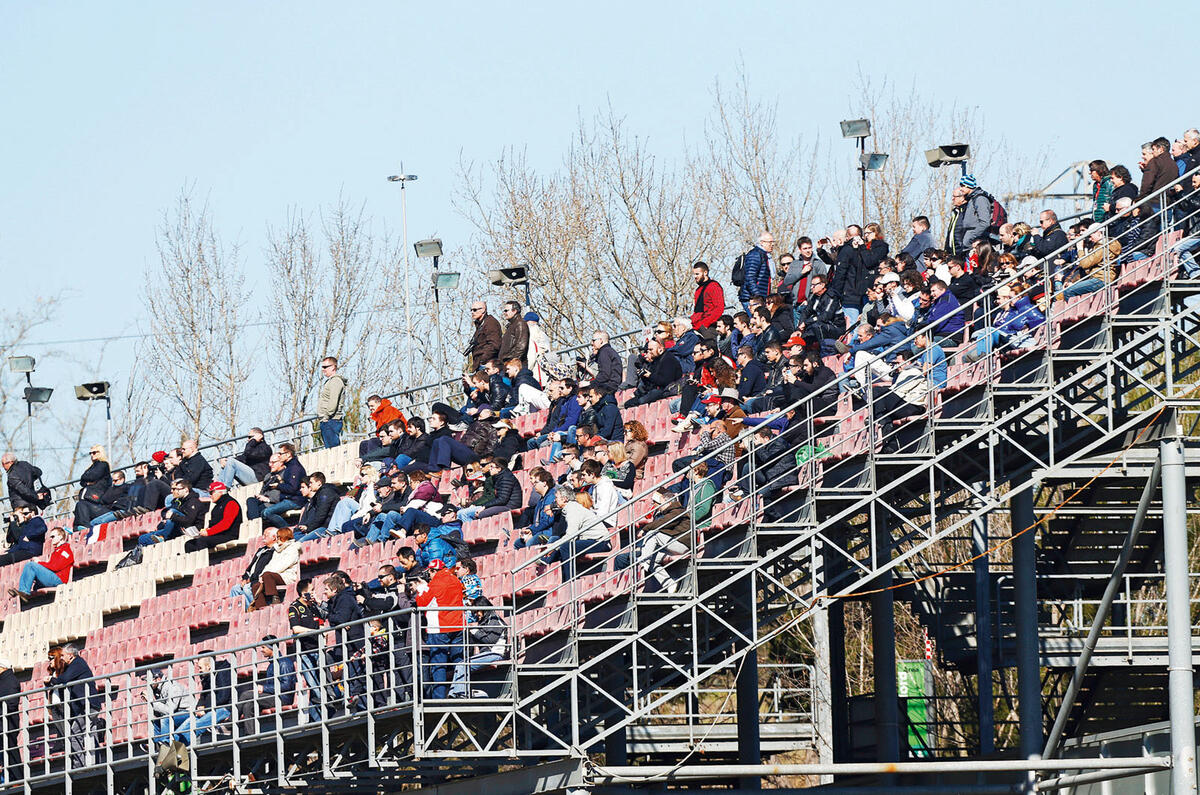
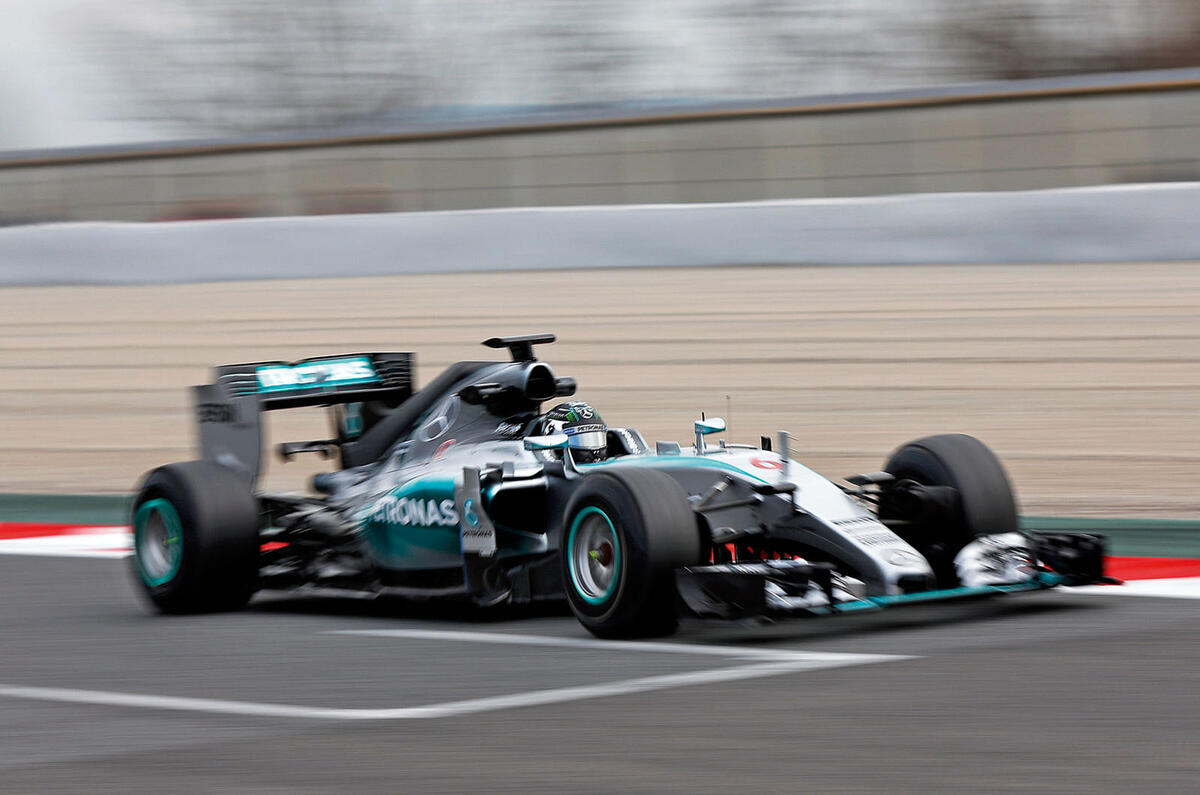
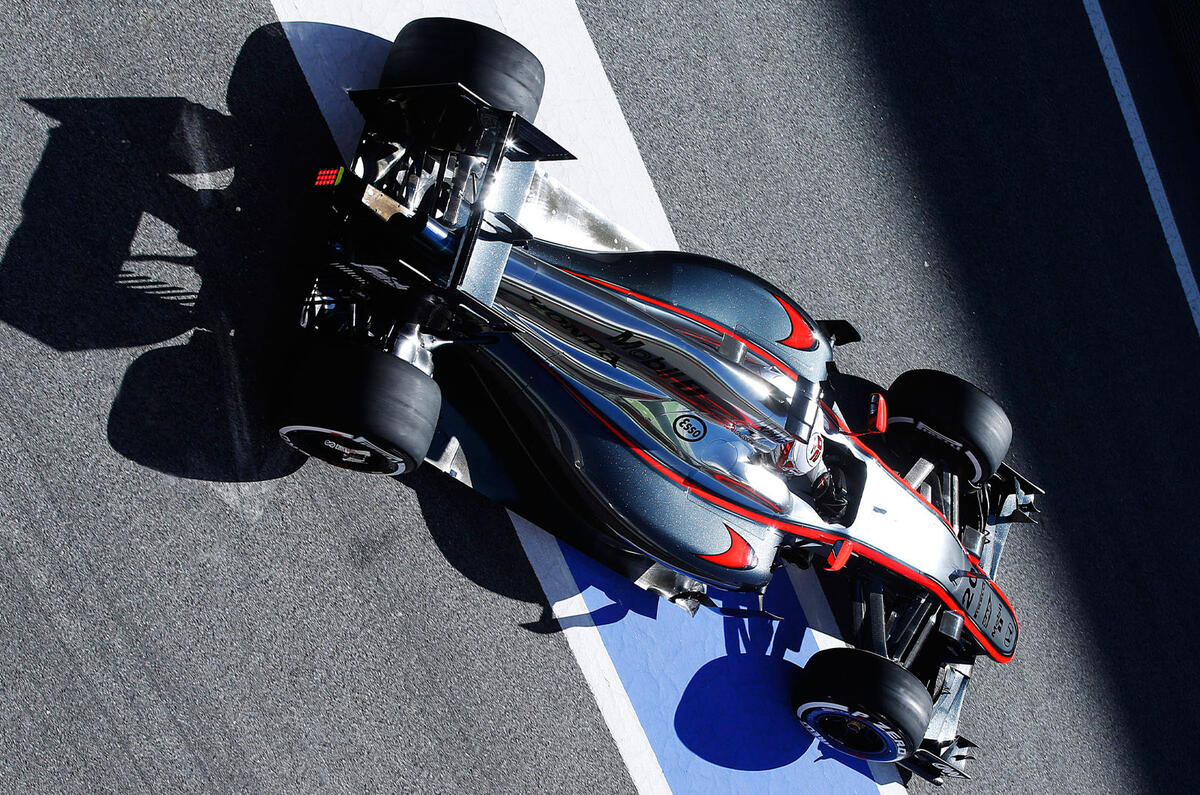
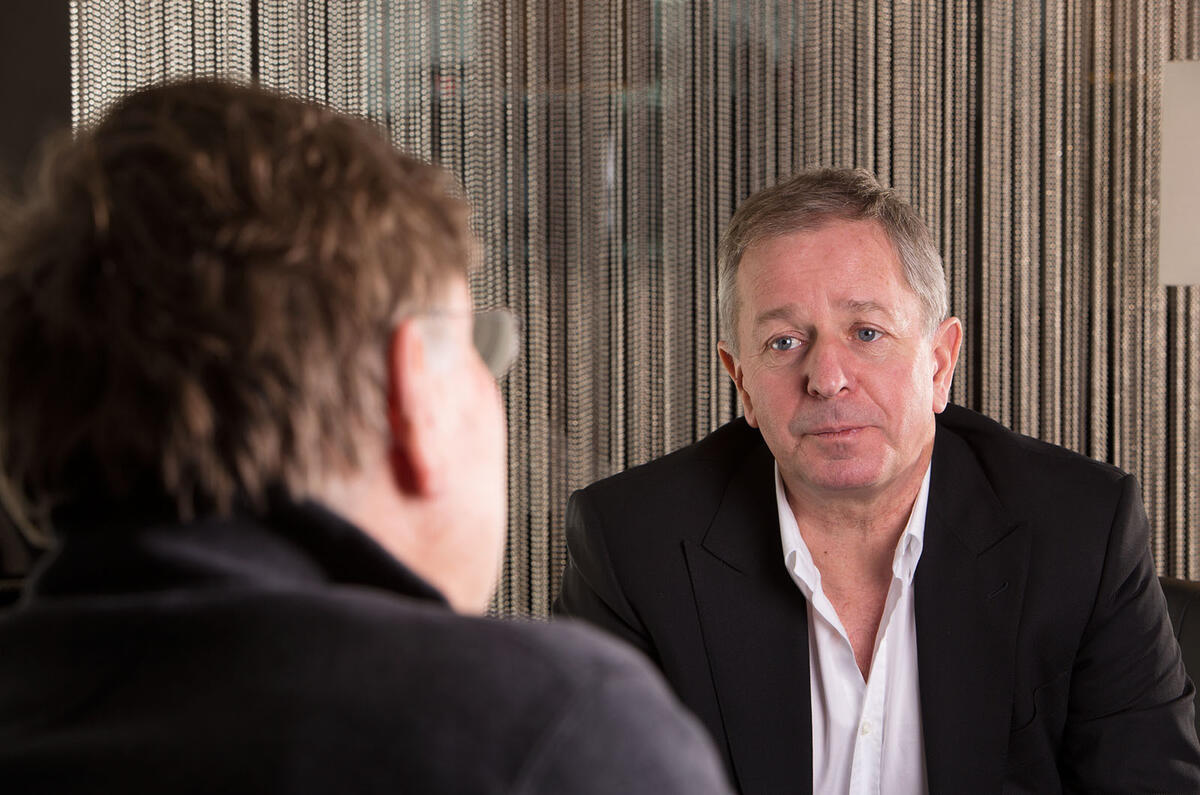
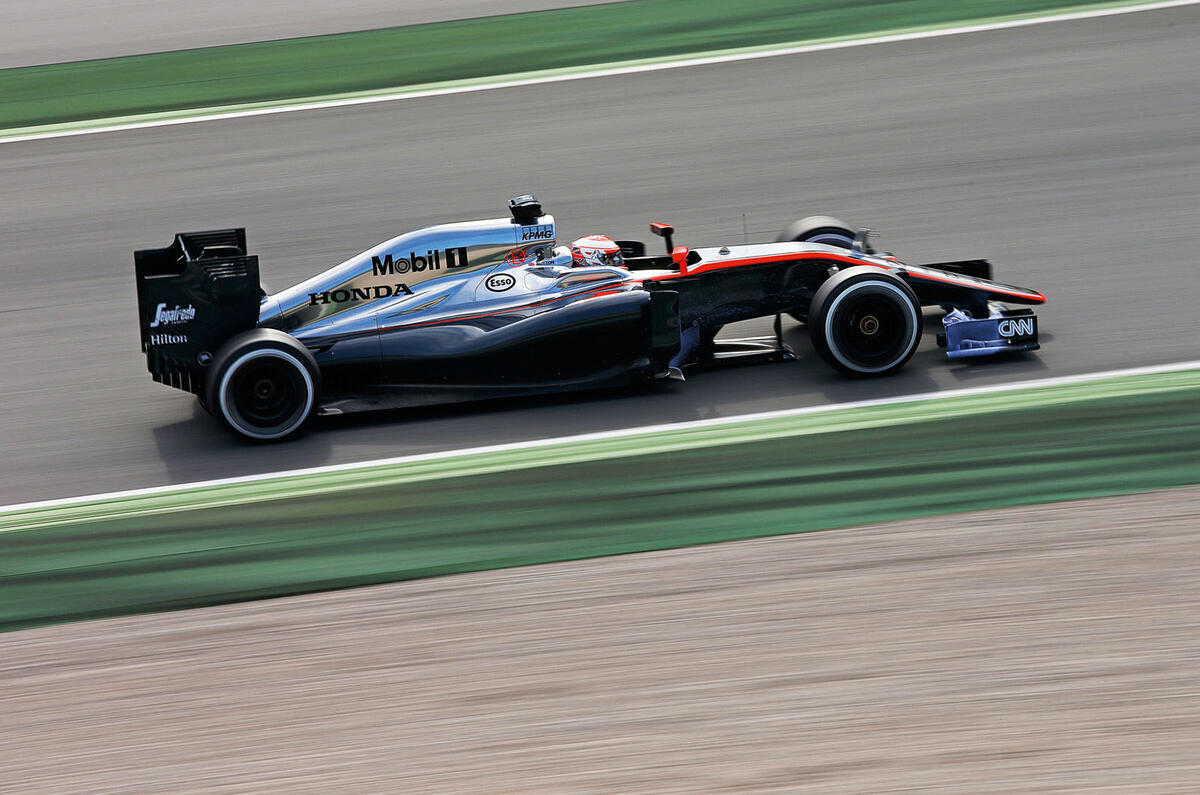
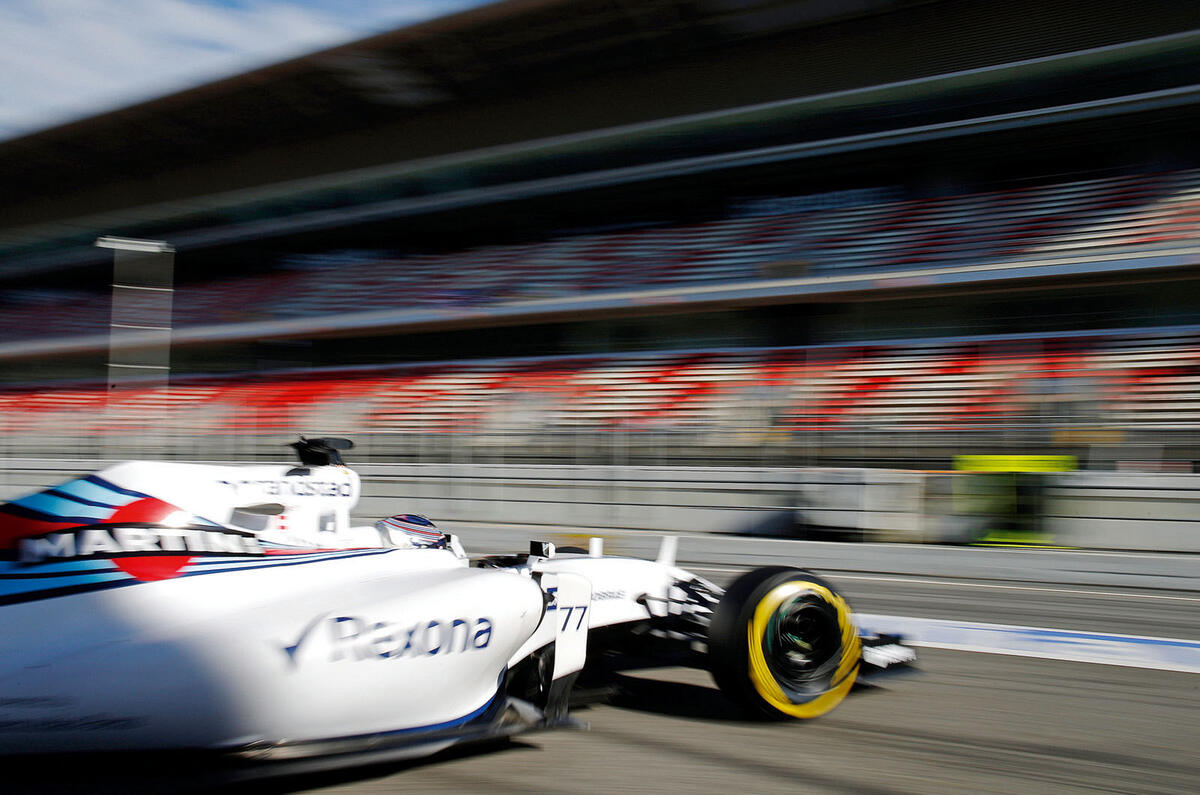
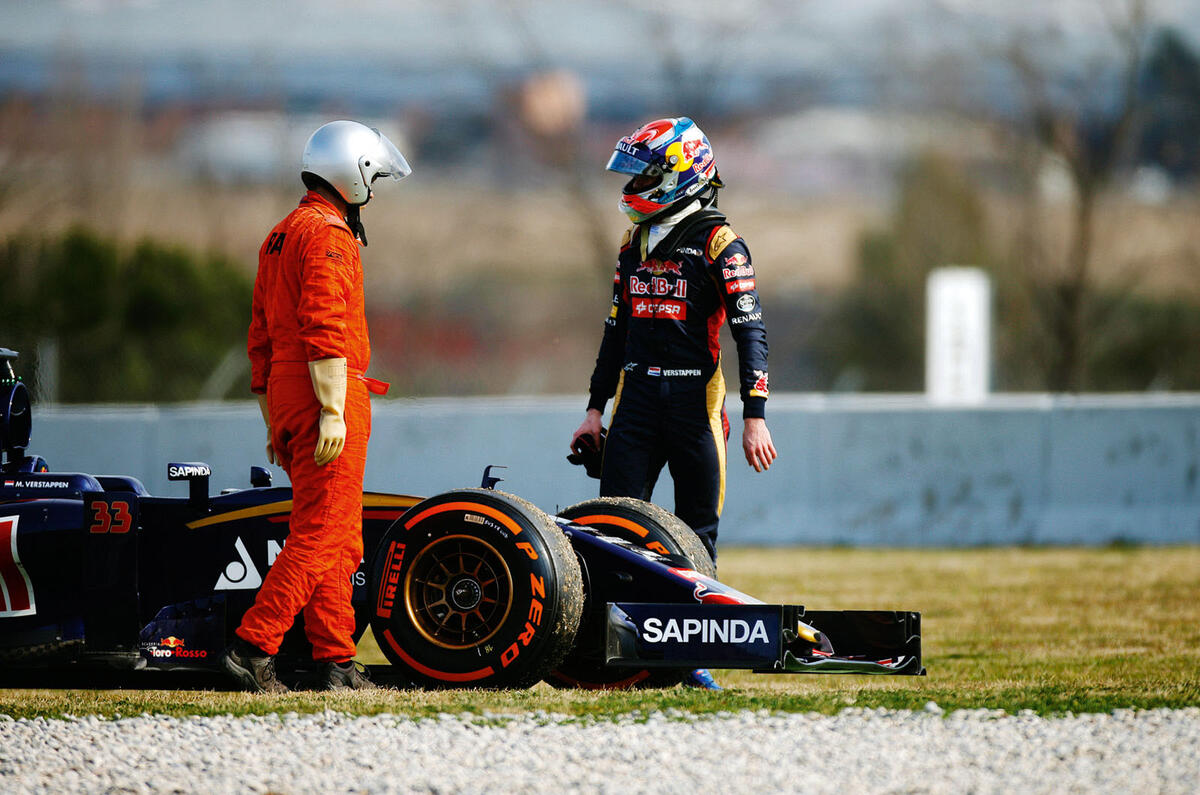
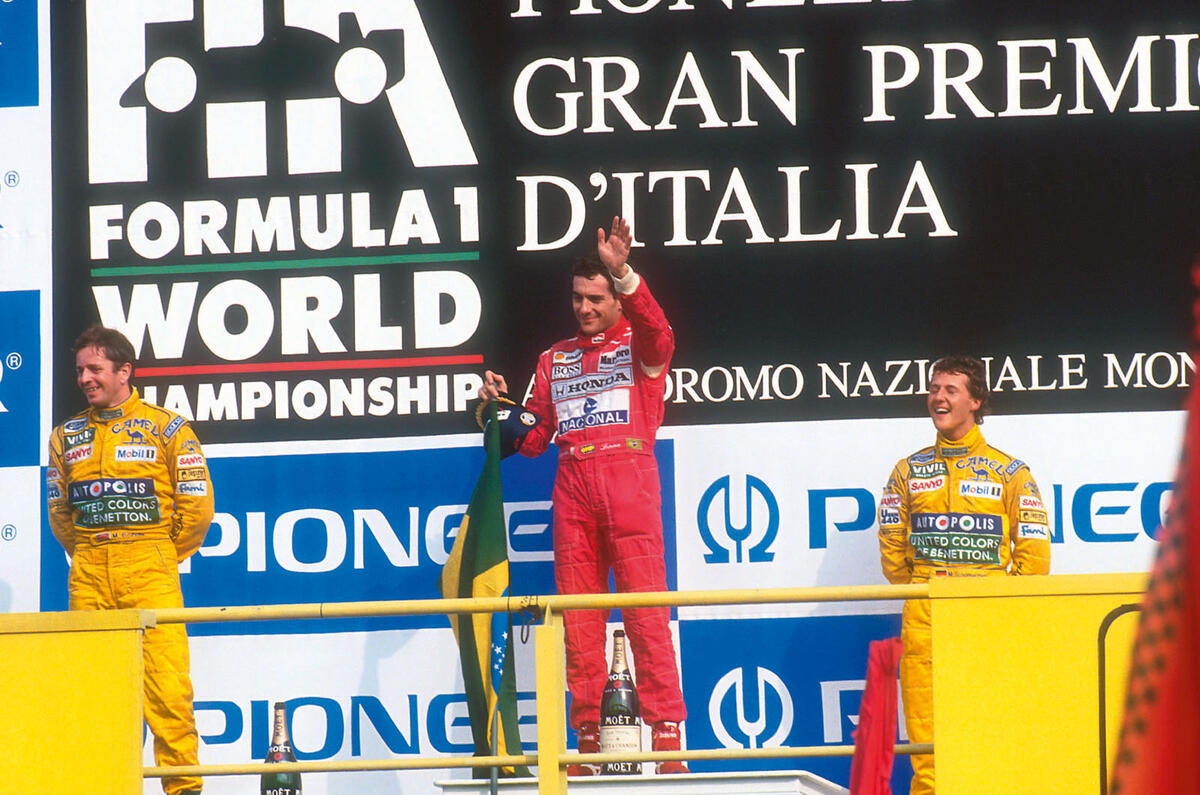
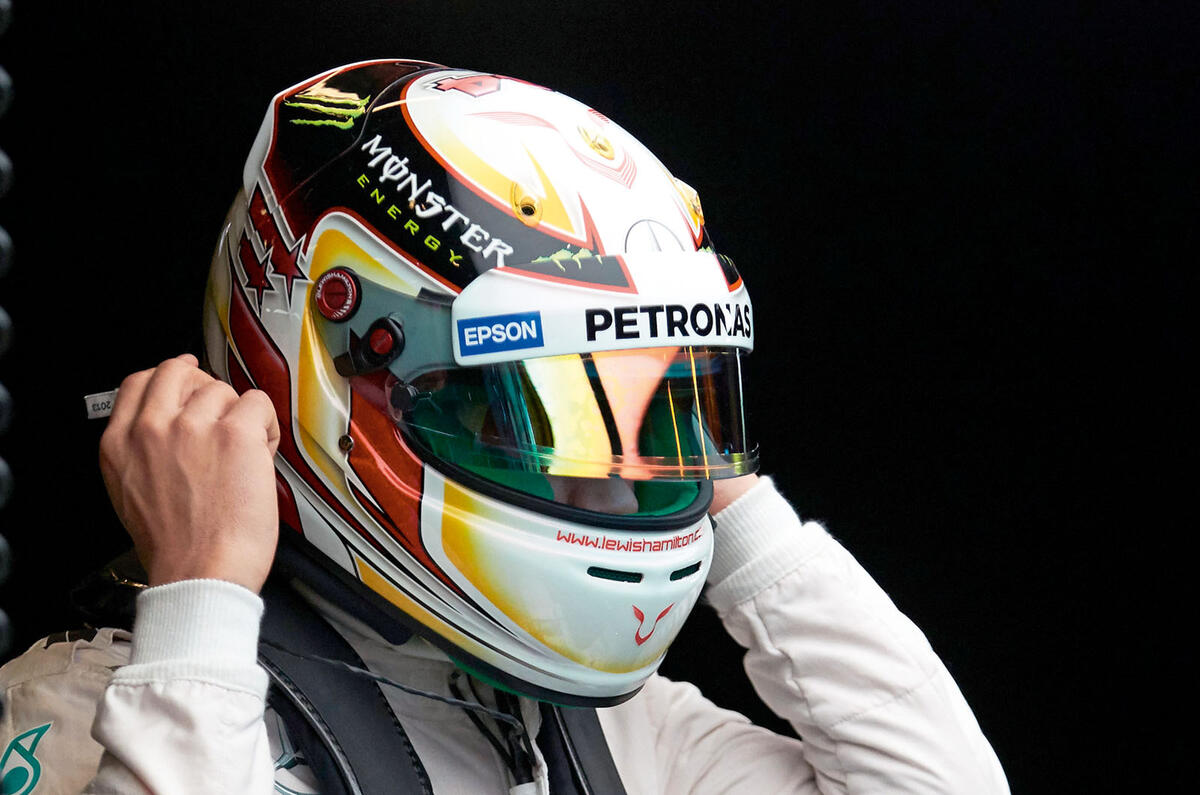
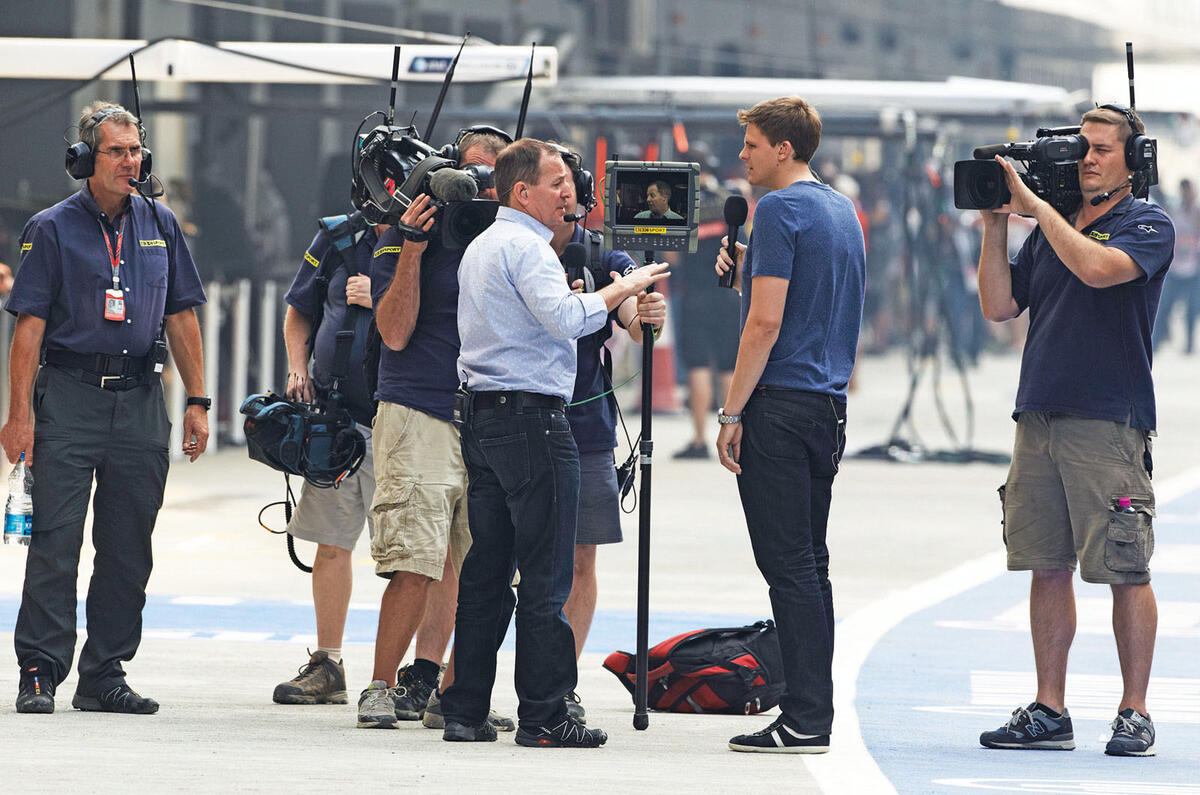
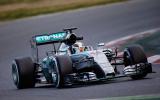
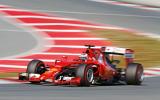
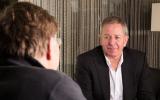
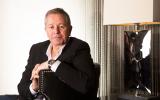
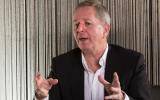
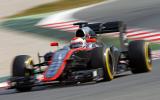
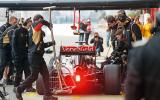
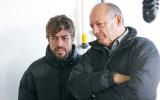
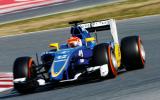
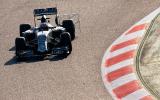
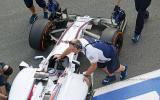
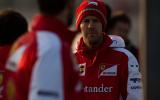
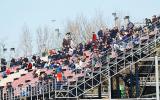
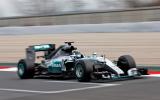
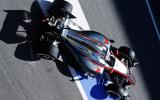
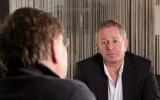
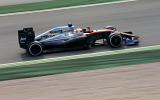
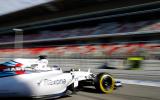
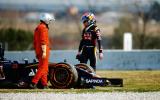
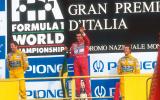
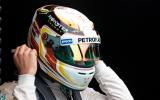
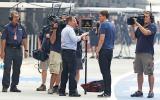






Join the debate
Add your comment
Interesting
"I know what that feels like. At Benetton in ’92, I’d just beaten Schumacher in qualifying"
F1Revs website says:
"Schumacher out-qualified every team-mate he had at every grand prix from the end of the 1991 season until the start of the 1996 season, with the exception of the 1995 Belgian GP when it started to rain and Schumacher hadn’t set a lap in the dry"
???????????????
Brundle
I would suggest he has very much made my point for me.
Good old martin, Coulthard is
and terrestrial TV viewers. Qualy is on sky1hd Saturday. If Jezza does depart TG perhaps Martin could step in there as well......
Brundle replace Clarkson ???